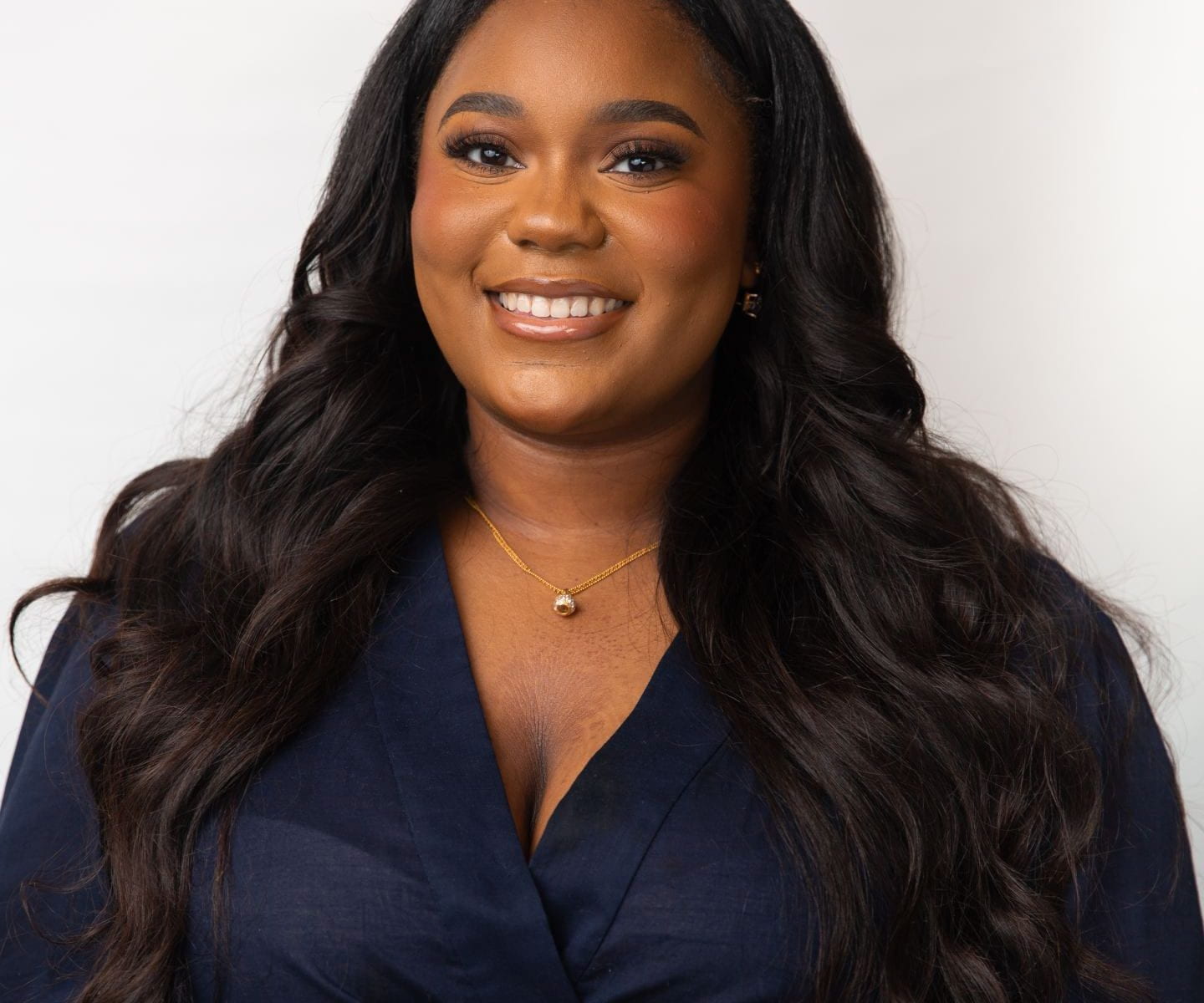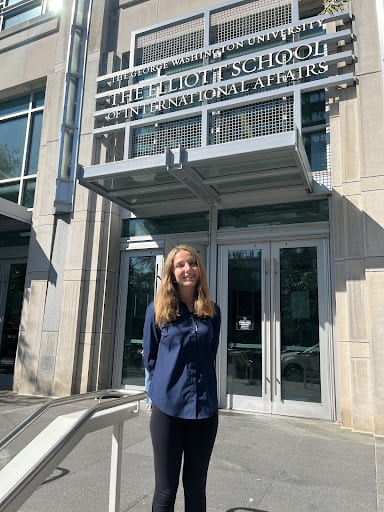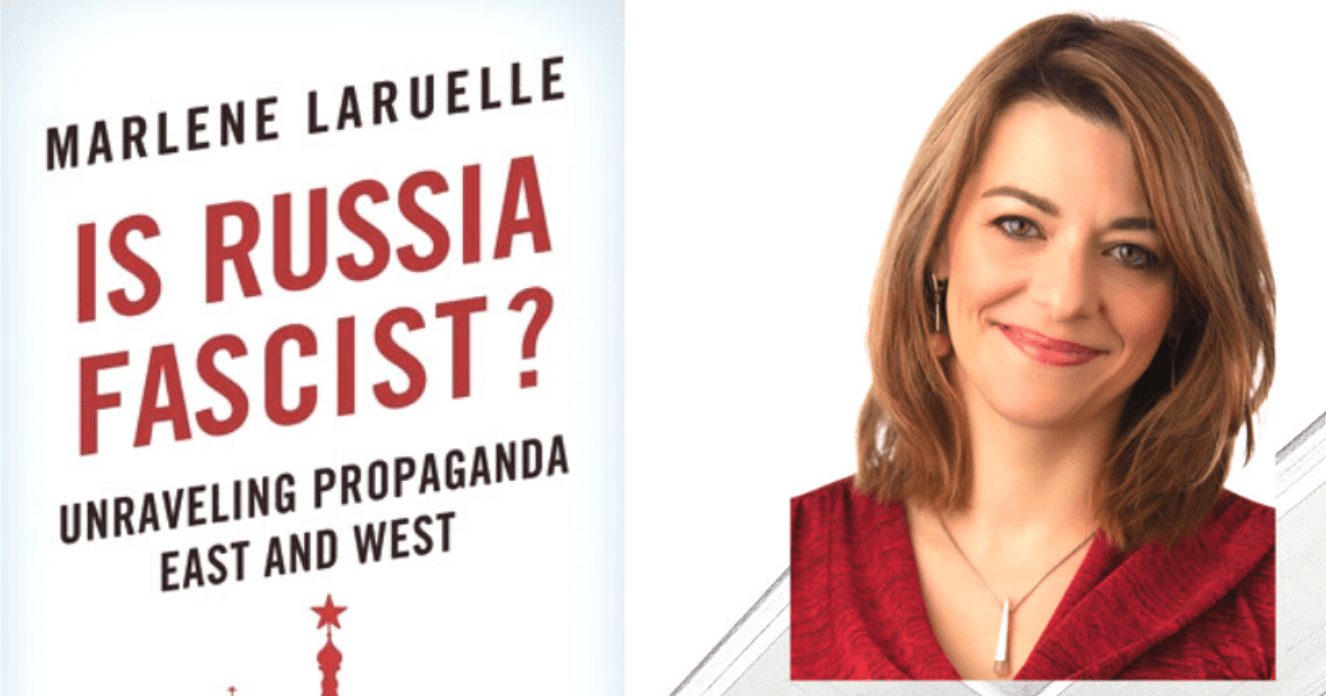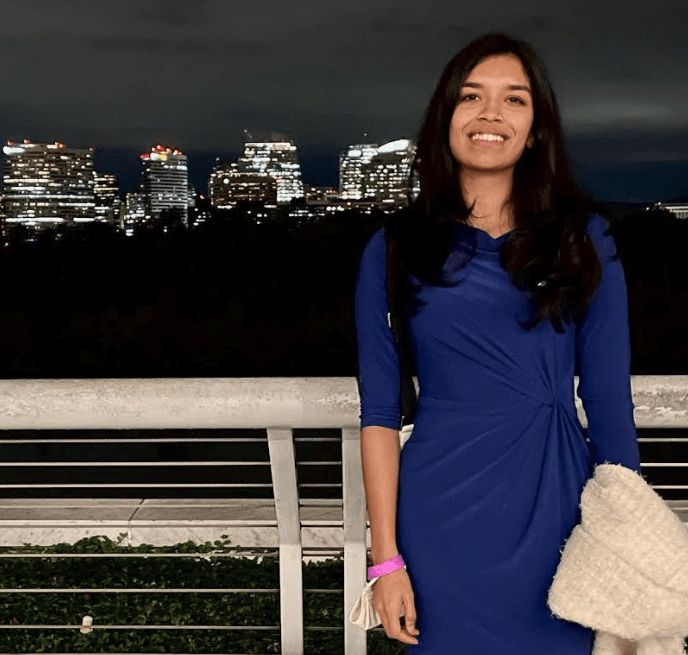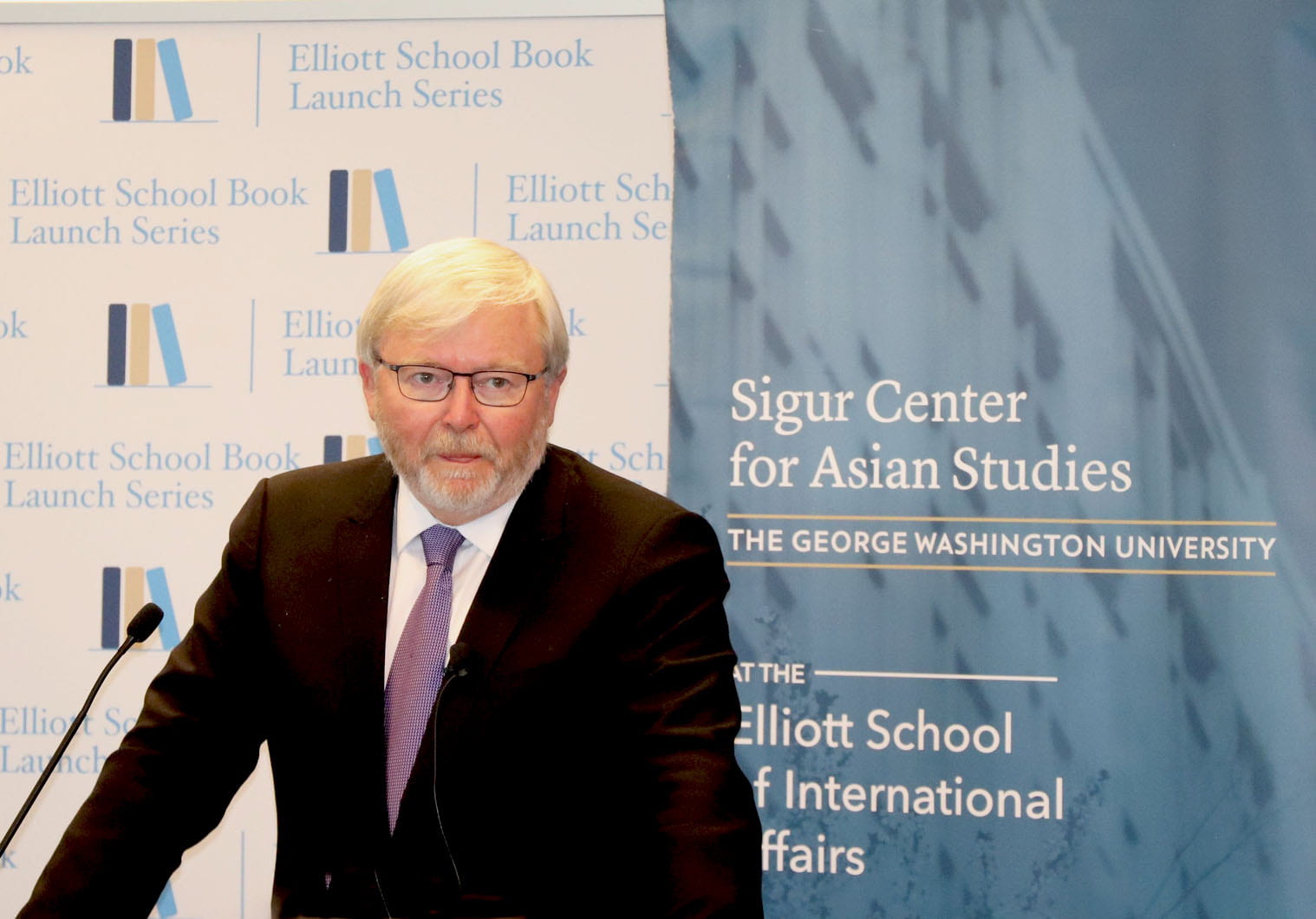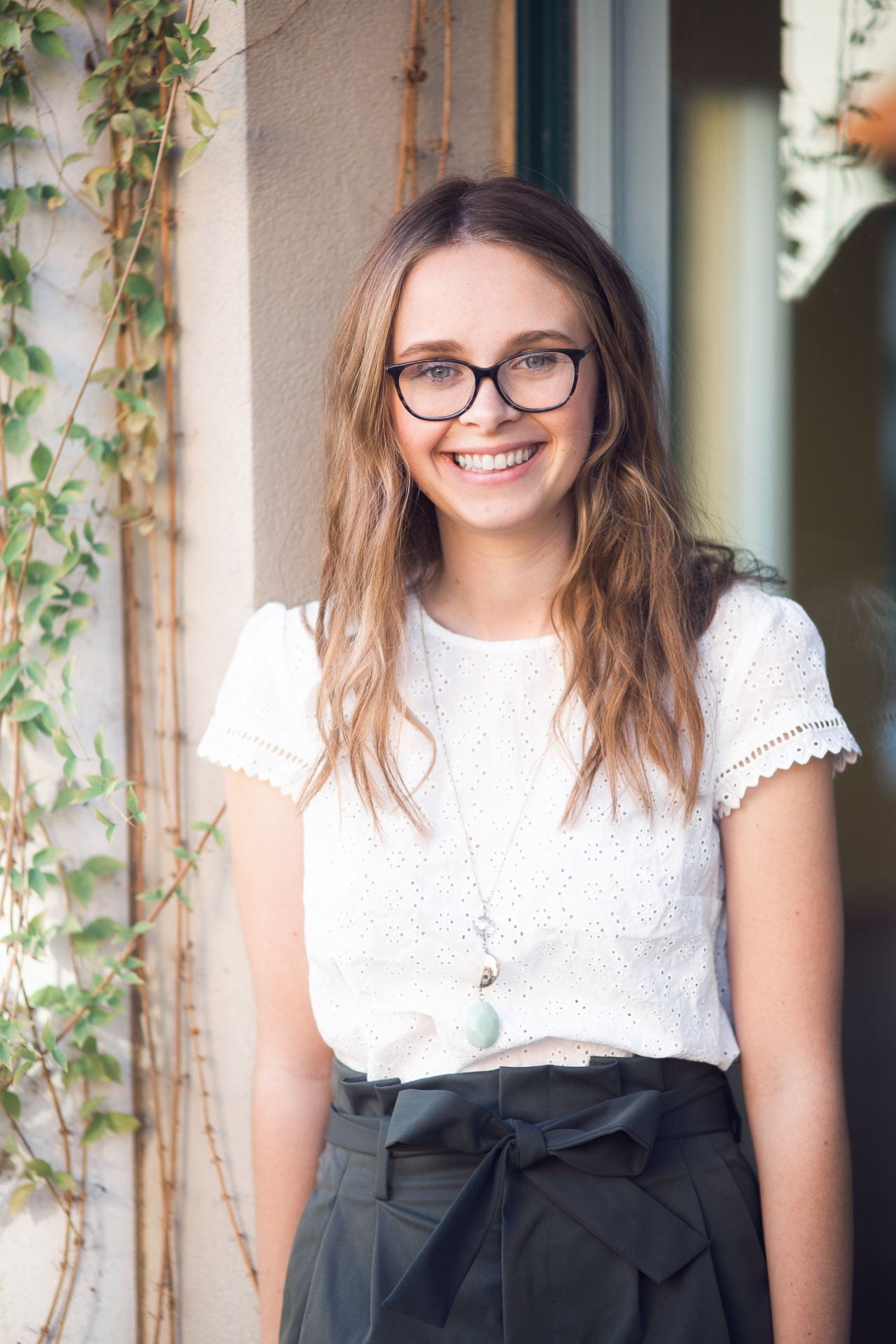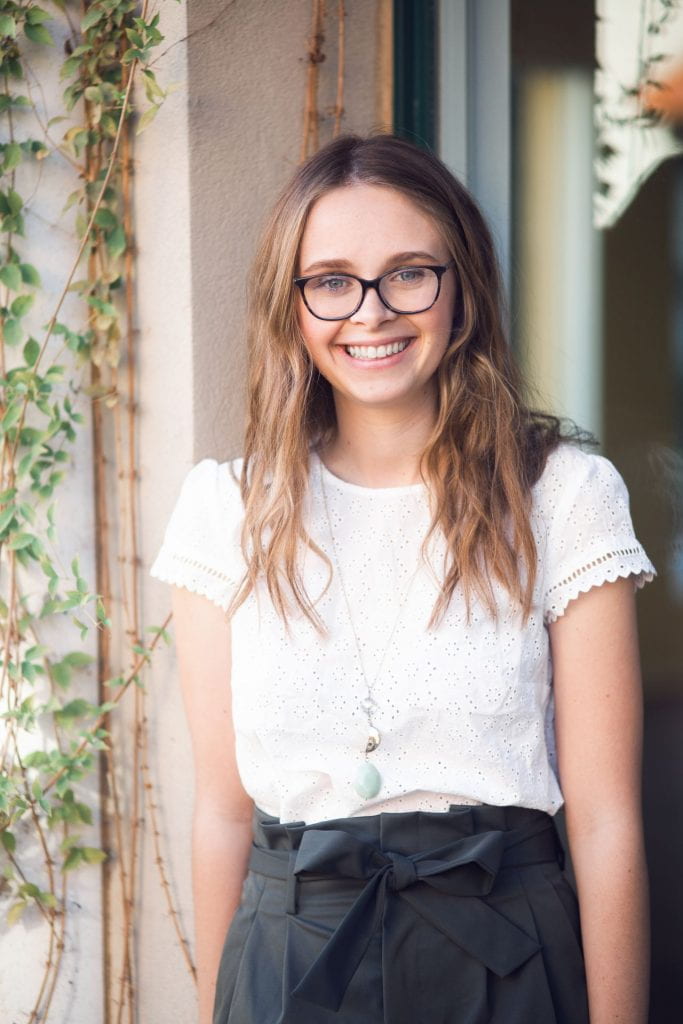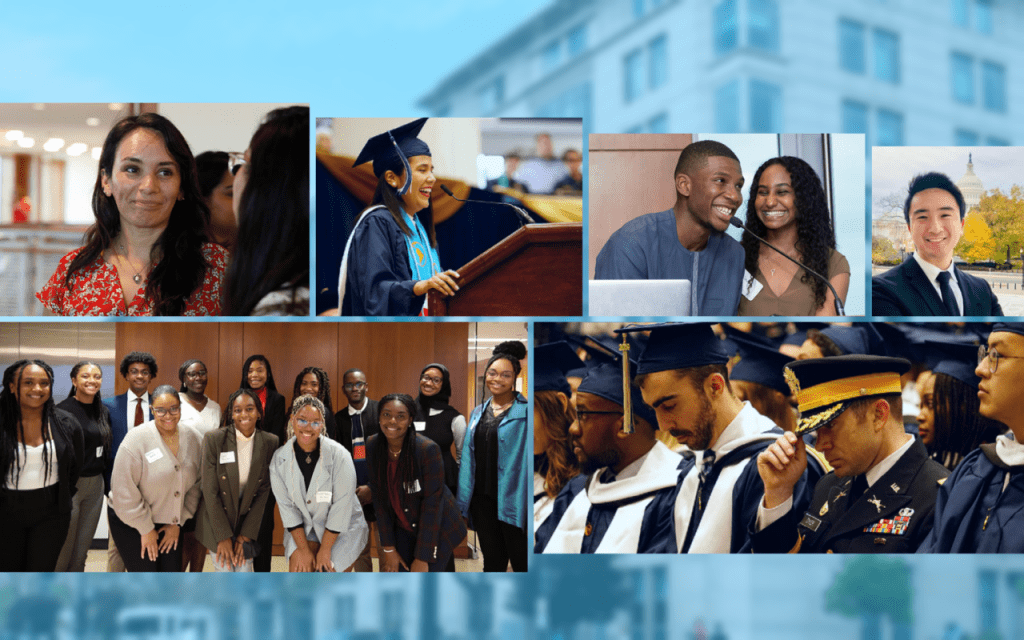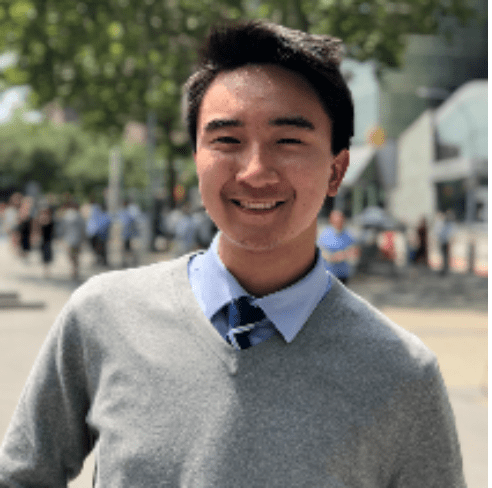Strengthens Uyghur Studies
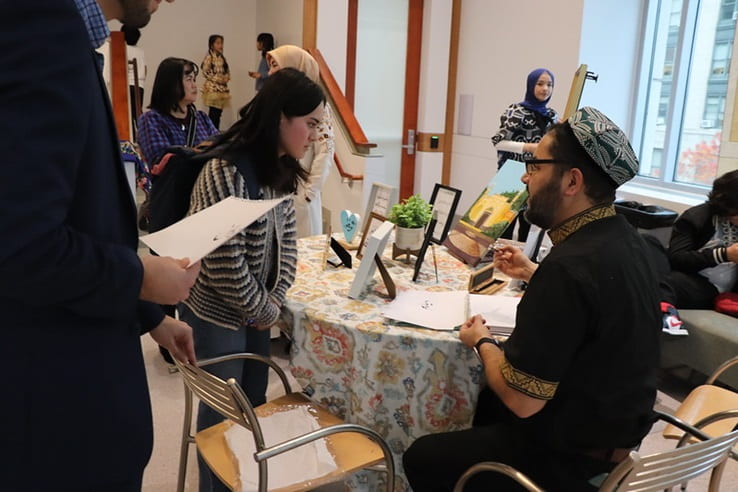
The Elliott School of International Affairs has received one of the largest gifts in recent years, a $900,000 anonymous donation that will enhance the school’s Uyghur Studies Initiative, to be headquartered at the school’s Sigur Center for Asian Studies.
The George Washington University is one of the leading institutions in the United States for research and teaching on Uyghur studies, with two full-time faculty members—professors Eric Schluessel, a historian, and Sean Roberts, a cultural anthropologist—working in this academic space.
The donor, a scholar who wishes to advance the study of Uyghur history and culture, recognized GW’s prominence in this academic area and decided to offer significant philanthropic support to the Uyghur Studies Initiative.
“This exceptional gift recognizes the field-defining work that Professors Schluessel and Roberts are doing, as well as our school’s long history of engaging closely with the Uyghur diaspora,” Elliott School Dean Alyssa Ayres said.
More than 11 million members of the Uyghur community live in the Xinjiang region in northwestern China, and they are under duress. Articles in the mainstream press often highlight what Schluessel explains is “a systematic campaign of human right abuses in Xinjiang, directed at Uyghurs and other Muslim-majority groups.”
Less visible, however, is the Uyghur people’s rich intellectual history—and the danger that much of this knowledge will be lost as Uyghur scholars’ voices are silenced. Some scholars who have spoken out in China are now in prison, while others have been forced to flee. In the U.S., the Washington area has become home for a number of these displaced scholars.
The Elliott School has been actively engaged with the Uyghur diaspora in the U.S. for nearly a decade. In 2014, the school’s Central Asia Program, directed by Research Professor Marlene Laruelle, organized GW’s first major conference on Uyghur culture; there have been several subsequent conferences, and these important forums will continue.
Uyghur studies also are increasingly popular among students. A recent class on Uyghur history, for example, reached capacity almost immediately. Other classes at the Elliott School have addressed Uyghur issues as they relate to global development, including “Indigenous Peoples, Ethnic Minorities, and Development” and “The Belt and Road Initiative: China’s Approach to International Development.”
According to Sigur Center Director Gregg Brazinsky, the Uyghur Studies Initiative is a substantial complement to the school’s popular programming on China, Taiwan, and Tibet. The Sigur Center has been recognized by the U.S. Education Department as a National Resource Center in East Asia, the only school in Washington with this distinction.
“Thanks to this generous gift, the Elliott School will be able to further enhance its standing as the best place to study China and the Uyghurs in the Washington area,” Brazinsky said.
Specifically, this timely gift will enable the Elliott School to develop additional courses focused on Uyghur culture and identity, as well as to expand faculty research into these topics. As the initiative gains momentum, the Elliott School plans to bring larger numbers of Uyghur scholars, writers, and activists to campus.
“We are very grateful to the donor for this catalytic gift,” Dean Ayres said.
_____________________________________________________________________________
Would you like to support the Uyghur Studies Initiative at GW’s Elliott School? Your gift of any size will make a significant difference! Please contact Joseph Strodel Jr. at jstrodel@gwu.edu for information on how to direct your gift to this important area of study.


